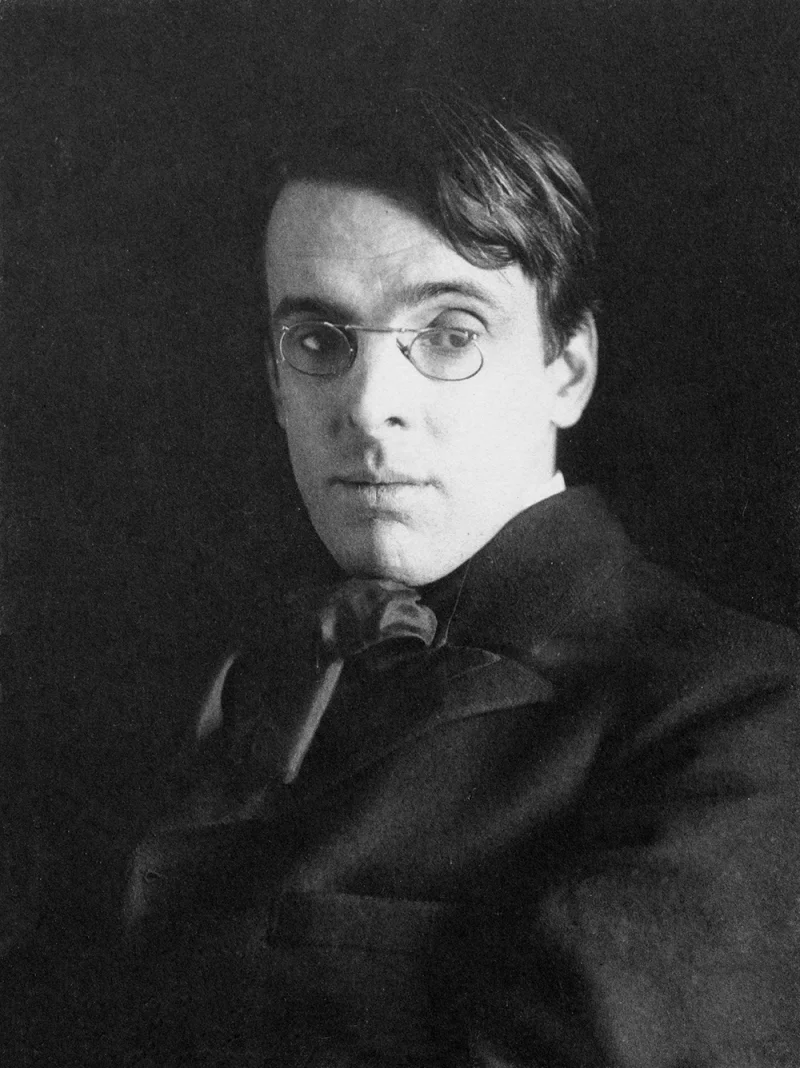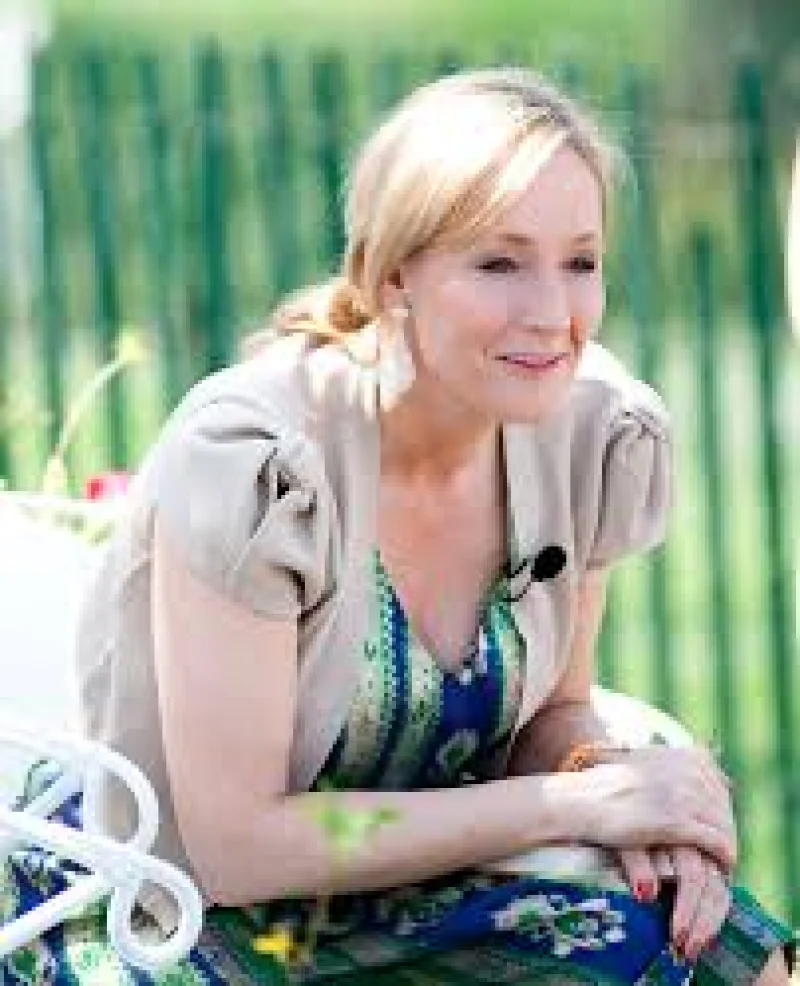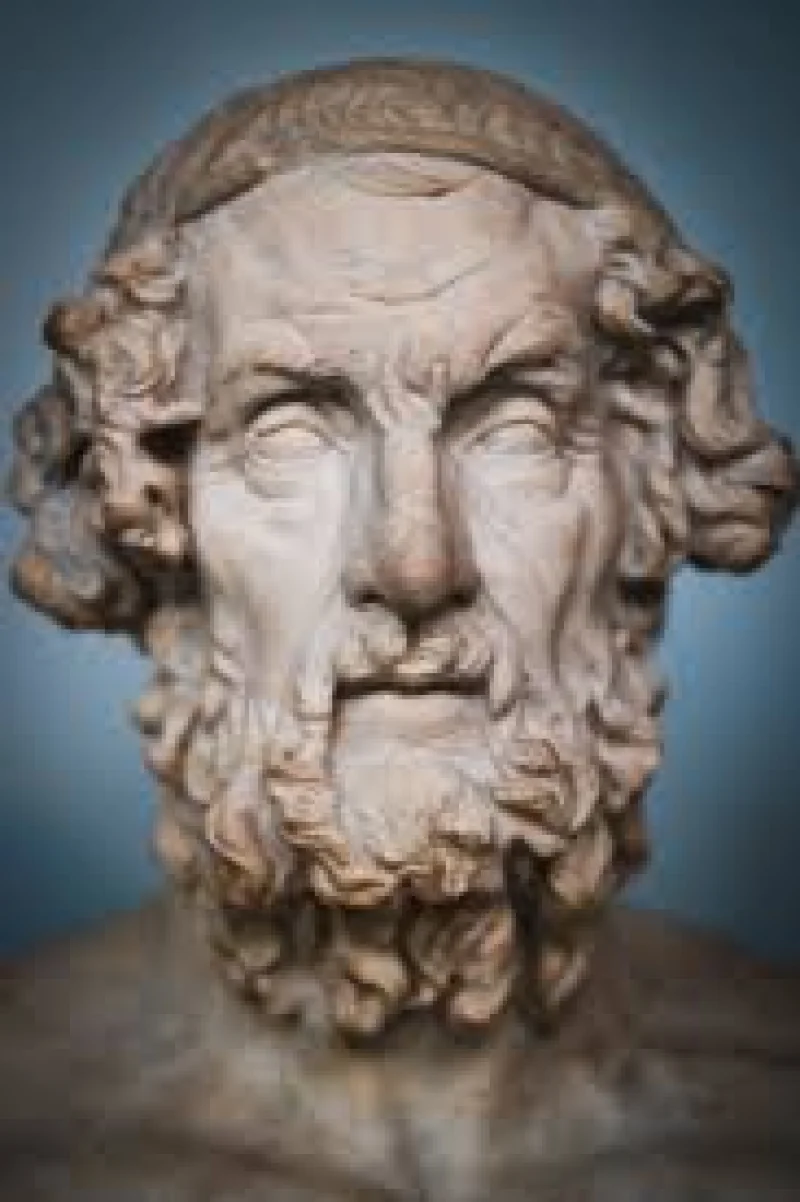Short Summary
William Butler Yeats was an influential Irish poet, dramatist, and one of the foremost figures of 20th-century literature. Known for his profound contributions to poetry and drama, he played a critical role in the Irish Literary Revival. Yeats was awarded the Nobel Prize in Literature in 1923, acknowledging his inspired poetry which gave expression to the spirit of a whole nation. His work is celebrated for its rich symbolism and themes of mysticism, history, and nationalism.
Early Life & Education
William Butler Yeats was born on June 13, 1865, in Sandymount, Dublin, Ireland, to John Butler Yeats, a lawyer and a well-known portrait artist, and Susan Mary Pollexfen. He spent much of his early childhood in County Sligo, a place that profoundly influenced his imagination and later works. Yeats attended the Metropolitan School of Art in Dublin, where he first encountered the artistic and literary circles that would shape his career. The blend of Irish folklore and mythology, introduced to him by his mother, and his father's artistic and intellectual pursuits, were key influences during his formative years.
Career Highlights
Yeats's career began with the publication of his first poems in the mid-1880s, and he quickly became a central figure in the Irish literary scene. He co-founded the Abbey Theatre in Dublin in 1899, which became a pivotal institution for the Irish Literary Revival. His early poetry was characterized by romantic and mystical themes, but he later adopted a more modernist approach. Yeats's works, such as "The Tower" and "The Winding Stair," reflect his mature style, blending personal reflection with broader themes of nationalism and identity. Throughout his career, he engaged deeply with politics, particularly the cause of Irish nationalism.
Major Achievements
- Co-founder of the Abbey Theatre, promoting Irish culture and drama.
- Received the Nobel Prize in Literature in 1923 for his significant contributions to poetry.
- Published influential poetry collections such as "The Tower" and "The Winding Stair."
- Played a leading role in the Irish Literary Revival, reviving interest in Irish folklore and mythology.
Famous Quotes
- "The world is full of magic things, patiently waiting for our senses to grow sharper."
- "Education is not the filling of a pail, but the lighting of a fire."
- "Think where man's glory most begins and ends, and say my glory was I had such friends."
Interesting Facts
- Yeats served as a Senator of the Irish Free State from 1922 to 1928.
- He was deeply interested in mysticism and the occult, which influenced much of his work.
- Yeats had a long, unrequited love for Maud Gonne, a major inspiration for his poetry.
- He was instrumental in the foundation of the Irish National Theatre Society.
- His works significantly contributed to the revival of Irish culture and identity.
Legacy / Influence
William Butler Yeats's influence extends beyond his literary accomplishments; he played a pivotal role in the Irish Literary Revival, shaping Ireland's cultural and national identity. His innovative use of symbolism and modernist techniques significantly impacted 20th-century literature. Yeats's exploration of mysticism and folklore continues to inspire contemporary poets and writers, ensuring his enduring legacy in both Irish and global literature.
FAQ
Q: Why is William Butler Yeats famous?
A: Yeats is famous for his profound contributions to poetry and drama, his role in the Irish Literary Revival, and winning the Nobel Prize in Literature in 1923.
Q: What are some of Yeats's most famous works?
A: Some of his most famous works include "The Tower," "The Winding Stair," and "The Second Coming."
Q: What themes are prevalent in Yeats's poetry?
A: His poetry often explores themes of mysticism, nationalism, identity, love, and the passage of time.











